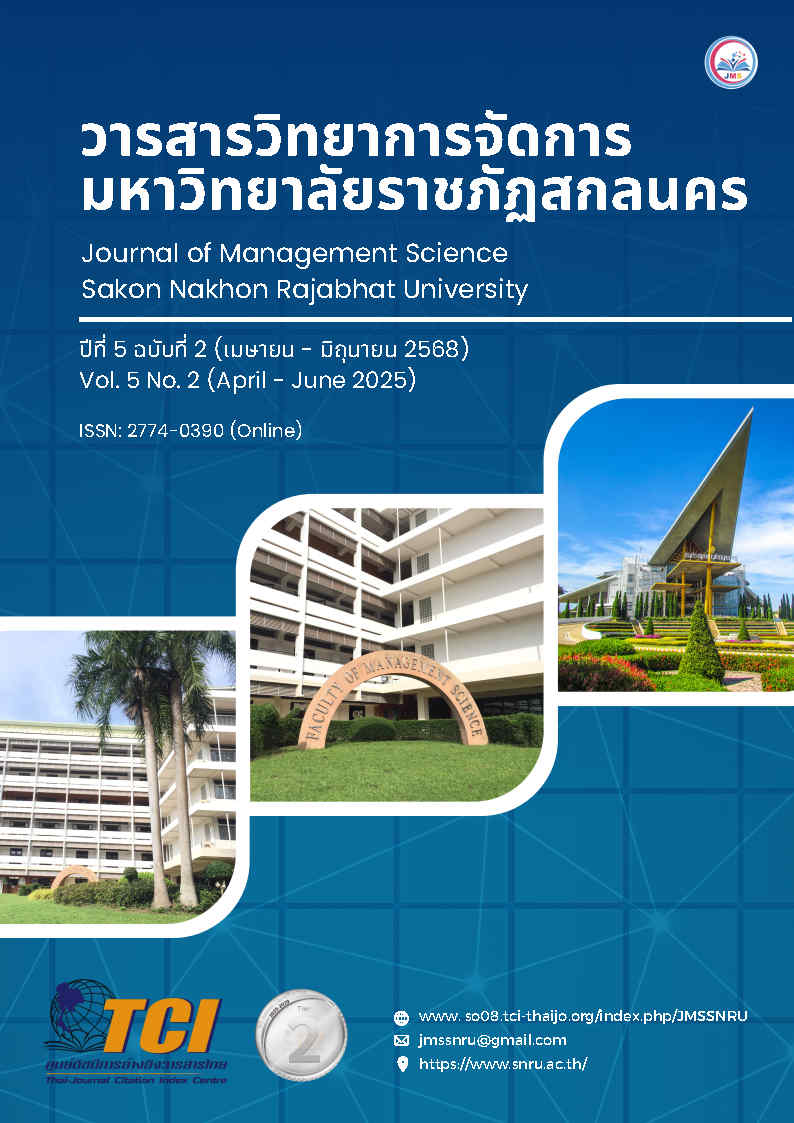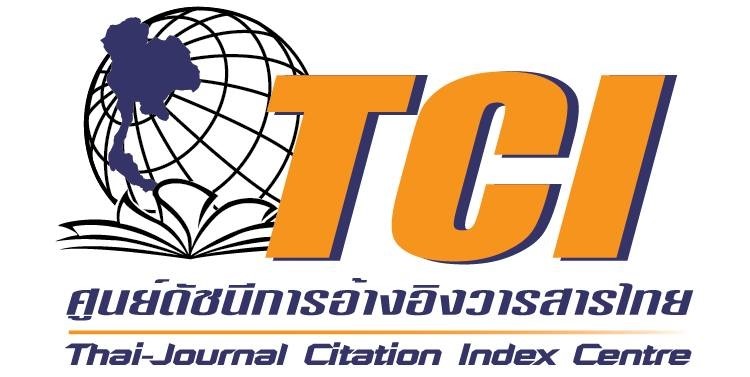Economic impacts of the Klong Luang Ratchalothorn reservoir project: Insights from beneficiary households in Thailand
คำสำคัญ:
economic impact, Klong Luang Ratchalothorn reservoir, production costsบทคัดย่อ
This study analyzes the economic conditions of households benefiting from the Klong Luang Ratchalothorn Reservoir Project in Chonburi Province. It evaluates the current financial state, identifies challenges, and compares agricultural data from the 2018-2019 and 2022-2023 planting seasons. The results indicate that the reservoir positively influenced agriculture and yielded substantial advantages, including enhanced net income from livestock farming. Nonetheless, elevated production expenses, declining agricultural prices, financial challenges, and a significant rise in pest and disease occurrences since 2019 persist. Household expenses and debt also showed significant growth, while household savings increased, it indicated the improved financial resilience. Despite these positive trends, economic stability was still impacted by rising costs and market volatility. The research highlighted the importance of targeted support, including enhancing water resource management, training for farmers, and economic assistance, to improve household financial health and to ensure sustainable development in the region. These measures aim to mitigate existing challenges and strengthen the livelihoods of affected communities, promoting resilience and long-term economic sustainability.
เอกสารอ้างอิง
Atanda, O. O., & Ibrahim, U. A. (2023). Financial Literacy And Financial Resilience: The Mediating Role Of Financial Capability. Journal of Namibian Studies: History Politics Culture, 35, 2998-3024.
Department of Water Resources. (2020). Criteria and Measures for Sustainable Conservation and Restoration of Wetlands.
Office of Water Conservation and Restoration, Ministry of Natural Resources and Environment, Thailand.
Duangbootsee, U. (2024). Price Transmission Dynamics and Market Efficiency in Thailand’s Cassava Value Chain. Journal of Applied Economics and Management Strategy, 11(2), 106–123.
Gray, C. L. (2009). Rural Out-Migration and Smallholder Agriculture in the Southern Ecuadorian Andes. Population and Environment, 30(4), 193-217.
Lim, K.-P., Goh, K.-L., & Chong, C.-S. (2021). The Effects of Global Commodity Prices on ASEAN-5 Stock Markets. Rangsit Journal of Social Sciences and Humanities, 8(2), 96-108.
Moll, H. A. J. (2005). Microfinance and Rural Development: A Long-Term Perspective. Journal of Microfinance, 7(2), 13-31.
Nguyen, C. T., Ton-That, L. & Pham, T. D. (2024). Land use, land cover changes and expansion of artificial reservoirsin Eastern Thailand: implications for agriculture and vegetation drought reduction. Environmental Monitoring and Assessment, 196(11), 1009. DOI: 10.1007/s10661-024-13151-7.
Onyenekwe, C. S., Okpara, U. T., Opata, P. I., Egyir, I. S., & Sarpong, D. B. (2022). The Triple Challenge: Food Security and Vulnerabilities of Fishing and Farming Households in Situations Characterized by Increasing Conflict, Climate Shock, and Environmental Degradation. Land, 11(11), 1982. https://doi.org/10.3390/land11111982.
Royal Irrigation Department. (2023). Strategy of the National Security Council. Retrieved 14 November 2024 from https://ict.rid.go.th/index.php/th/about-th/ict-strategy-th.
Si, C., Er-ga, L., Alita, L., Xiao, H., & Feng-ying, N. (2021). Impacts of formal credit on rural household income: Evidence from deprived areas in western China. Journal of Integrative Agriculture, 20(4), 927–942.
Taveevong, P. (2023). The Guideline of the Online Agricultural Extension and Development for the Farmer in Nonthaburi Province. Journal of Vocational Education in Agriculture, 7(2), 97-114.
Yuichiro, Y., Lee, H. S., Trung, B. H., Tran, H.-D., Lall, M. K., Kakar, K., & Xuan, T. D. (2020). Impacts of Mainstream
Hydropower Dams on Fisheries and Agriculture in Lower Mekong Basin. Sustainability,12(6), 2408. https://doi.org/10.3390/su12062408.
ดาวน์โหลด
เผยแพร่แล้ว
รูปแบบการอ้างอิง
ฉบับ
ประเภทบทความ
สัญญาอนุญาต
ลิขสิทธิ์ (c) 2025 วารสารวิทยาการจัดการ มหาวิทยาลัยราชภัฏสกลนคร

อนุญาตภายใต้เงื่อนไข Creative Commons Attribution-NonCommercial 4.0 International License.
บทความที่ตีพิมพ์ในวารสารวิทยาการจัดการ มหาวิทยาลัยราชภัฏสกลนคร เป็นทัศนะ ลิขสิทธิ์ และความรับผิดชอบของผู้เขียนเจ้าของผลงาน






